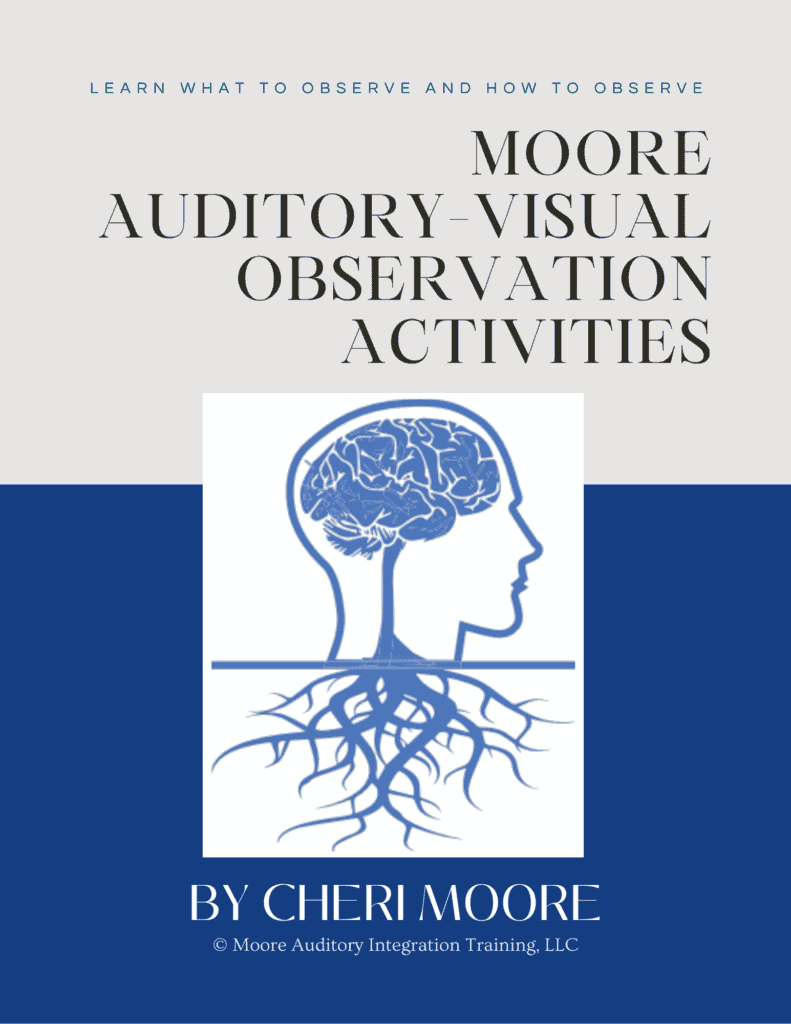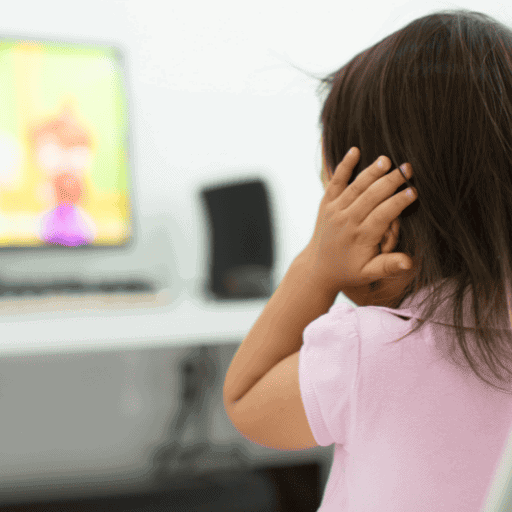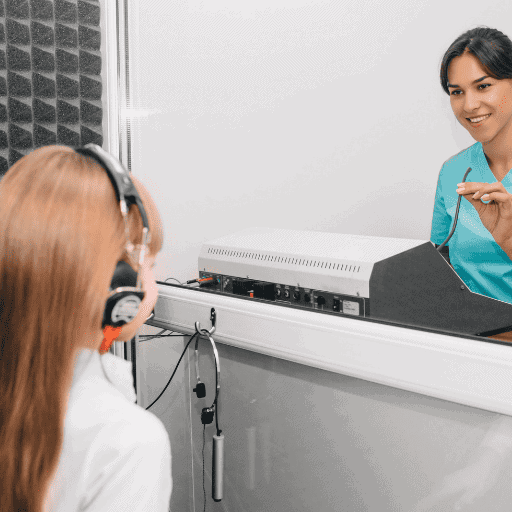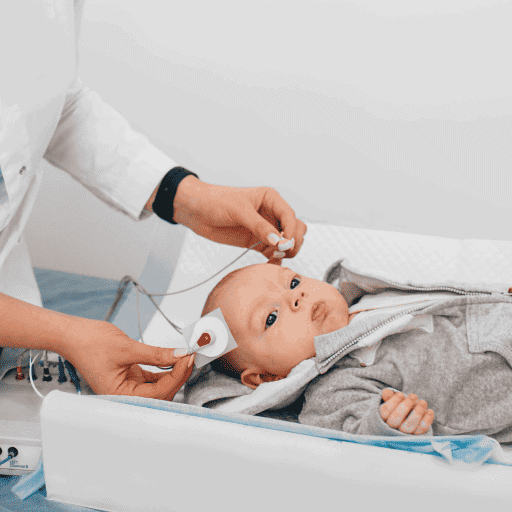Five ways sound sensitivities are common, but not normal, may challenge your assumptions about the meaning behind behaviors. There are sounds that are suppose to get your attention. However, sounds should not cause feelings of distress. When should you look for answers?
When sounds tolerated by others create feelings of discomfort or emotional distress like anxiety or fear, I recommend seeking help. Or, when you are unable to ignore sounds making it too difficult to listen with comprehension and remember.
As I worked with clients with a diagnosis like autism, ADHD, and dyslexia, I was surprised they all shared a common characteristics called sound sensitivities, sound intolerance. This video may challenge your assumptions. Hopefully, your response changes from one of exasperation or judgment to increased patience, acceptance, and advocacy.
Five Ways Sound Sensitivities Are Common, But Not Normal
What are your assumptions?
1. There Lacks a Medical Explanation; It Simply Is.
Do you believe sensitivity to sounds is common or simply part of a diagnosis like autism? An interesting book, It’s All in The Head, shares how cranial bone placement and your lower jaw alignment affects hearing. Compressed cranial skull bones can disrupt blood flow to your ears resulting in the development of sound sensitivities and tinnitus. Thus, anybody can suffer from sound sensitivities. Especially after a head injury, traumatic birth, or whiplash.
The authors, Dr Rosen and Dr. Watson, shared that the skull bones or the spinal bones in the neck can fail to move back into proper placement after birth, dental work, or trauma to the head. There are pediatric chiropractors and adult chiropractors who specialize in cranial skull bone placement and spinal alignment who can help restore blood flow to your ears.
When I was a child, I experienced sound sensitivity that I did not outgrow. Not until I read, It’s All in The Head, did I realize that more than ear infections contributed to my sound sensitivities.
Cheri Moore
Later in life, I began to loose all teeth that had a root canal. I once again began to suffer from sound intolerance and hearing difficulties. However, it was not until I saw a SOTO Chiropractor after developing migraines that I learned that my jawbone was out of place decreasing blood flow to my ear. When she put my jawbone back in alignment, I was thrilled to feel relief from the discomfort in my ear. I began to hear more easily. Now, I rarely experience tinnitus.
In their book, Dr. Martin Rosen and Dr. Nancy Watson share a profound statement,
Common does not mean normal.
2. You Choose to Not Pay Attention.
Have you ever had something happen to your body that was out of your control? Imagine a life where you have no control over your brain’s response to sounds. For example, never knowing if a sound was going to cause you physical discomfort. Or perhaps knowing that when more than one person talked everything would jumble together. You heard both conversation leaving you feeling overwhelmed and unfocused. Sometimes, it is not a choice to pay attention.

Sensitivity to sounds is distracting! But more importantly, it negatively impacts the development of auditory processing skills. Research shows that individuals with ADHD have weak auditory processing skills not explained by permanent hearing loss.
3. You Will Outgrow Your Sound Sensitivity.
Depending on your personality, you either act out and have meltdowns, internalize your feelings; or a mixture of both. As you get older, you become more aware of socially appropriate behaviors. Thus, you instinctively figure out ways to protect yourself from harmful sounds, cope.
I figured out how to copy with my sound sensitivities by leaning my head on my hand which covered my ear. Away from home, older children control their feelings to avoid embarrassment. Once home, it is healthy to let it out. There are many clues that you or a loved one may be struggling with sound sensitivity. Do they need time alone or dump all their emotions? Avoid leaving home or hanging out with the family? Typically, an individual does not outgrow their sound sensitivity.

4. Sound Sensitivity and Memory Difficulties
You must instinctively process speech while ignoring competing background sound to remember what you heard. When you suffer from sound sensitivity, it is work to listen on a conscious level. However, the sounds within a word can also be heard mixed up. This is called auditory dyslexia.
Imagine the frustration. When your thoughts are busy trying to make sense of what you just heard, you stop listening to the next sentence. Parts of conversation are missed, not heard. It is not your memory; it is your hearing.
Phonemic sounds are specifically associated with a frequency. Dr. Guy Berard explained in his book, Hearing Equals Behaviors, that auditory dyslexia causes specific phonemic sounds to be heard out of order; some frequencies are heard too well; other frequencies are not heard well enough.
5. Sound Sensitivity Means Your Hearing is Strong, Excellent.
Sound sensitivity rarely indicates excellent hearing. Sensitivity to sounds occurs when the middle ear muscles and auditory neural pathways are too weak to protect the cochlea from harmful sounds. When loud sounds push sound energy along weak auditory neural pathways, you feel discomfort. Sometimes, there are even brief, painful sensation like needles. Or, a more severe pain that feels like you were just stabbed with a knife.
Think of what you experience when you begin to run. If you run too far, your muscles feel sore. Your leg muscles were too weak to handle all the exercise. For the rest of the day, you avoid moving and most likely complain. The next day, just the right amount of exercise takes the soreness away. This is one reason an in-depth hearing evaluation is used to individualize your auditory integration training program. I need to make sure I provide just the right amount of exercise for your ear muscles.
Genetics and Sound Sensitivities
Everyone is born with a genetic makeup giving us strengths and weaknesses. What happens to us during and after our birth also influences our development and emotional health. When a child with autism, dyslexia, or ADHD is already struggling, sound sensitivity compounds their genetic weaknesses.
Countless genes play a role in how well you hear and process auditory information. Researchers have identified 69 genes associated with autism. Researchers found that 80% of Dyslexia is inherited, which explains why multiple family members have dyslexia. ADHD is also found in multiple family members.
Whatever your genetic makeup and experiences, everyone can train their brain to change their response to sounds.
Norman Doidge shares with us the wonderful news about the power of our brain’s ability to change, The Brain that Changes Itself. These changes occur through experiences, purposeful play, and therapy like Berard-Based Auditory Integration Training, and iLS Auditory Integration Training.
A Hearing Evaluation for Everyone
Each one of us either experiences a heightened, atypical, or an under-responsive reaction to sounds out in the environment. It all depends on the strength of our hearing system.
There are hearing tests that evaluate the strength of your hearing system that requires no response from you. I refer you to an audiologist making sure they have the equipment to complete these tests. Your Moore Auditory-Visual Questionnaire Report along with documents communicate your need for tests helping us investigate why sounds cause discomfort.
Learn How Sounds Impact Your Loved One
One of the benefits of each client completing a Moore Auditory-Visual Questionnaire is its impact on relationships. Each question opens the door of communication. You will learn the intensity of your loved one’s response to sounds. Each pre-questionnaire observation activity helps you look at your loved one’s behaviors with a new perspective.
When you stop to observe your loved one with intention, you gain a whole new understanding of their world. Our auditory and visual observation booklets are full of fun activities and purposeful play teaching you what to observe and how to observe.

Moore Auditory-Visual Observation Activities Booklet
Build a stronger relationship with your loved one as you: “see” through activities and “hear” through their answers how their world “looks and feels” through their “eyes and ears”.
The Auditory-Visual Observation Activities help you learn about your client’s or loved one’s visual and auditory processing difficulties. Activities teach you how to observe and what to observe. Each activity provides you with the opportunity to connect and acknowledge their hard work and tenacity. Also, the next step page gives you the opportunity to talk about the ways you can help them.









0 Comments